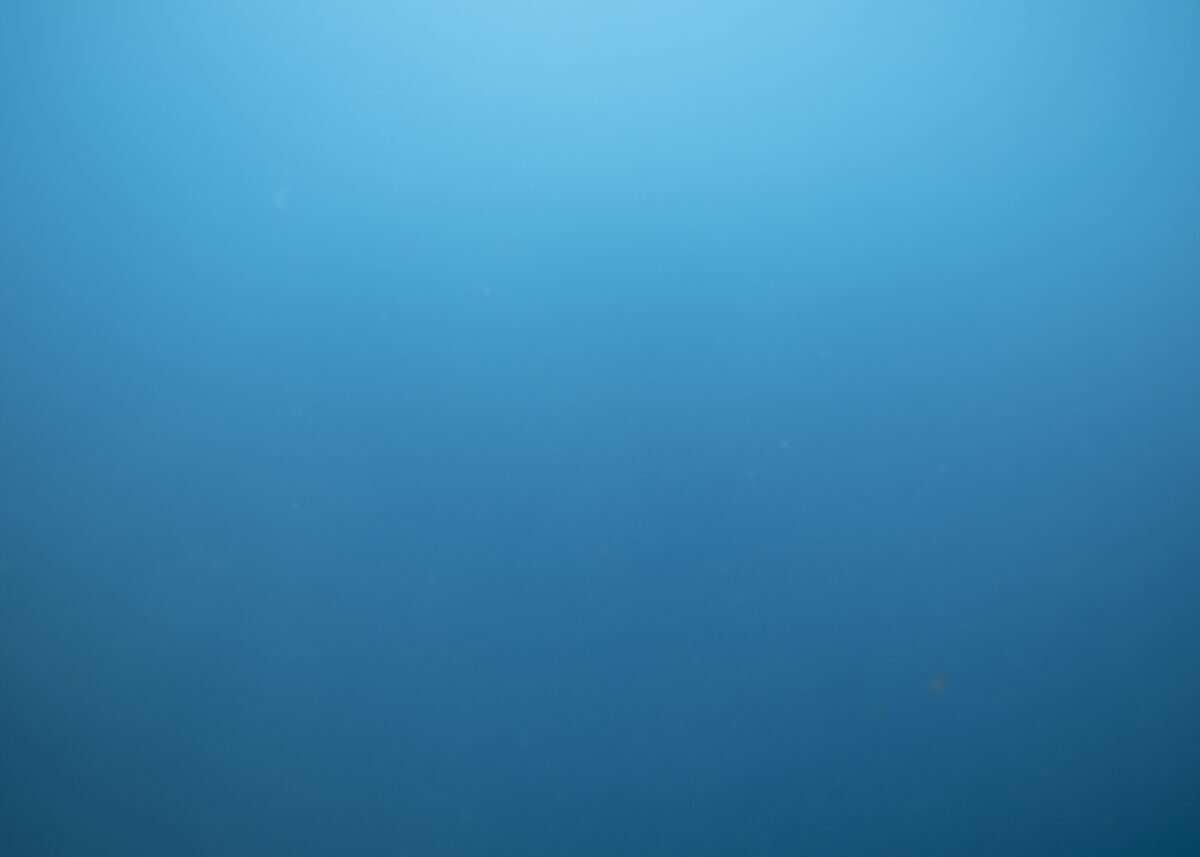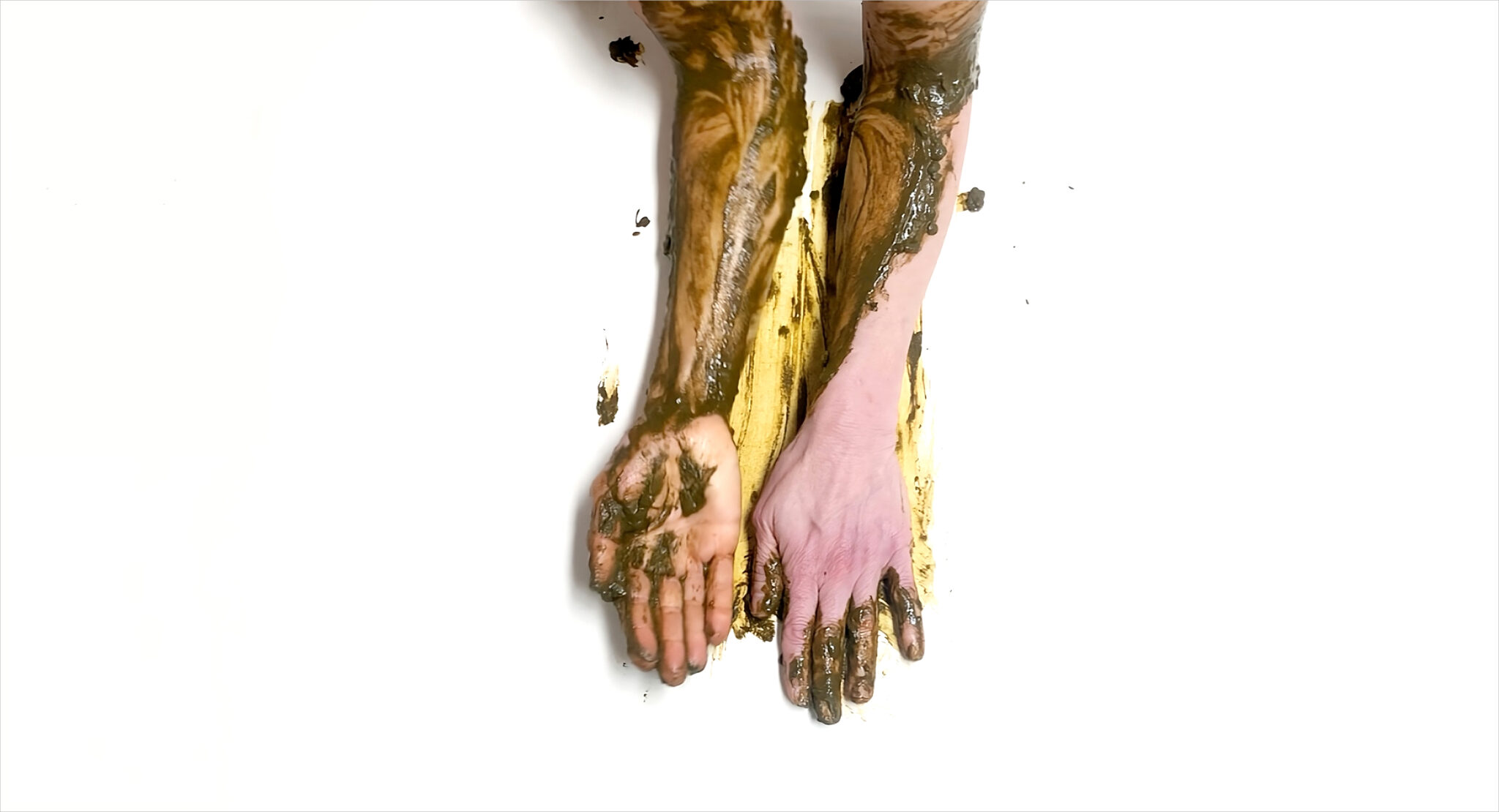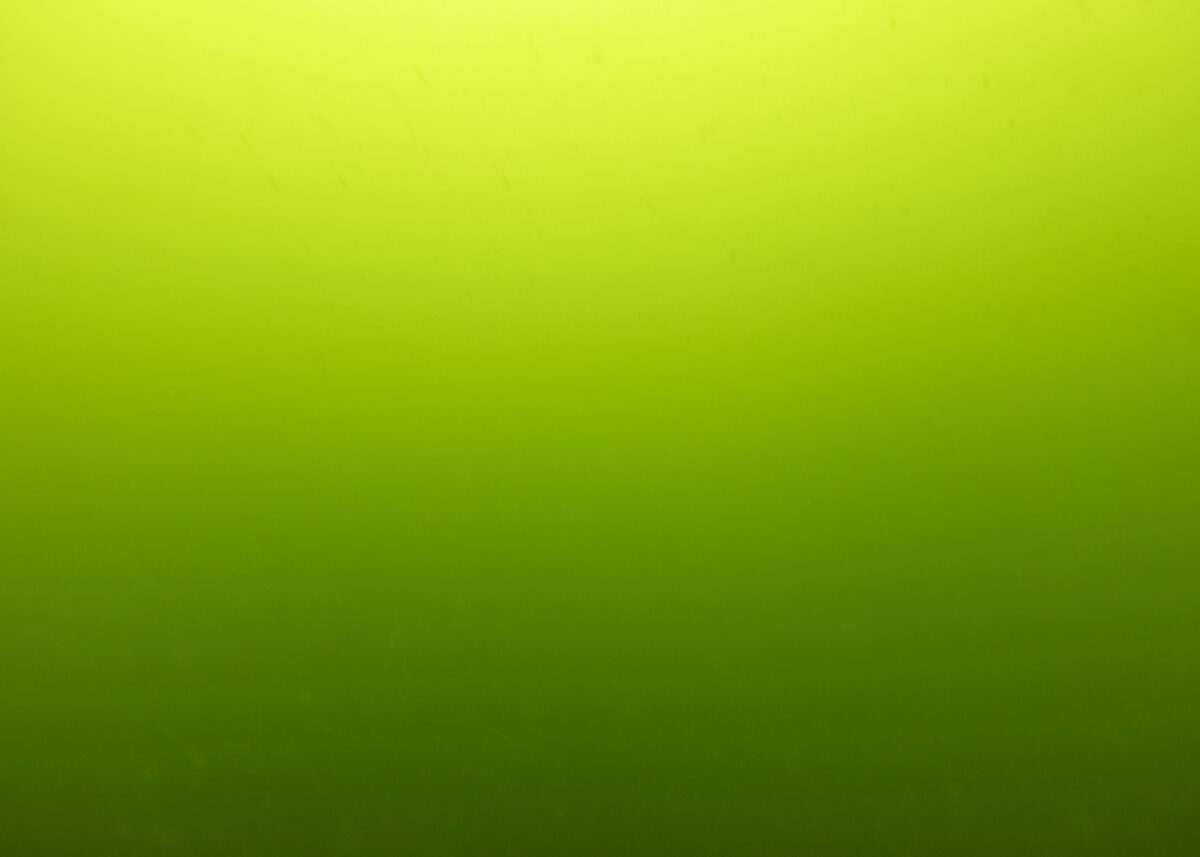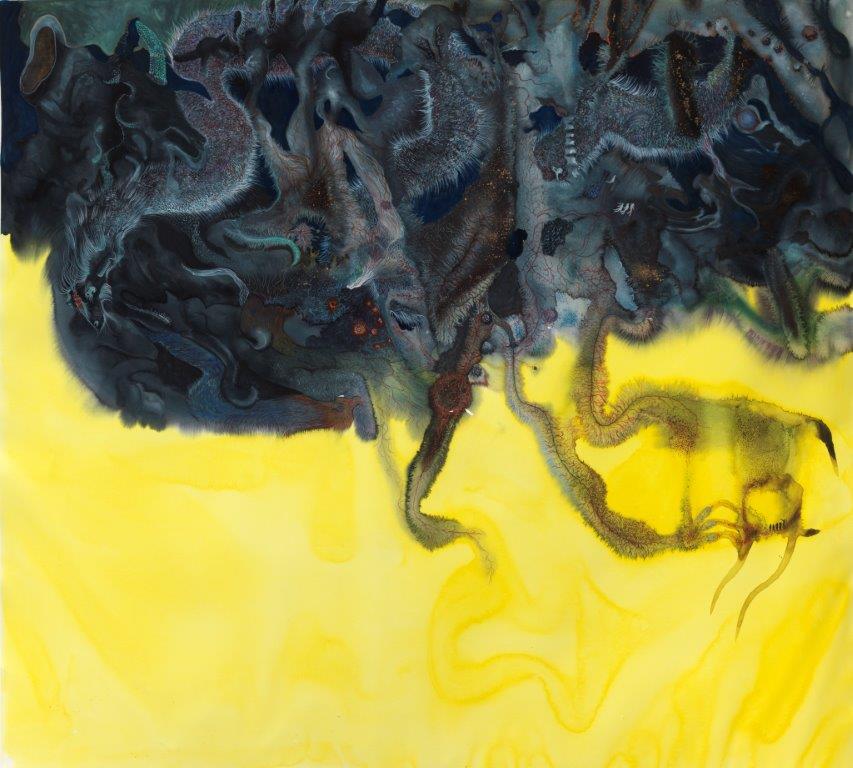
CALL FOR PROJECTS COAL PRIZE 2025: Freshwater
The COAL Prize 2025 dedicated to fresh water is a call to fight against the drying up of our sensitivities…

Ten projects by French and international artists nominated for the COAL 2023 – Plante! prize. Three projects by students from French art and culture schools have been nominated for the fourth edition of the COAL – Culture & Diversity student prize, in partnership with the Réserves Naturelles de France.
Image credits: © Rita Alaoui
Published on 5 June 2023
With Plante! the COAL 2023 Prize invites artists from all over the world to sow the seeds of creation and action, to germinate new research and experimentation, so that inventive and resilient plant-based thinking can flourish in the world to come. This fourteenth edition of the Prix COAL is a call to action, to marcotter, to nurture, to reiterate, to hybridize. A call to feel the richness of the plant, its balances and its dynamics, from the seed to the calyx, from the molecule to the ecosystem.
The COAL 2023 Prize’s international call for projects, inviting artists to take up the subject of plants, attracted 757 entries from artists in 57 countries. This success reflects the growing commitment of artists to the environment and ecological issues.
THE TEN ARTISTS NOMINATED FOR THE 14TH EDITION OF THE COAL PRIZE AND THEIR PROJECTS ARE
COAL 2023 AWARD CEREMONY
The Awards will be presented on September 20, 2023, on the occasion of the first edition of Sans réserve, COAL’s new art and ecology event at the Musée de la Chasse et de la Nature in Paris.launching a rich season of events to celebrate COAL’s 15th anniversary. The issue of plants will be at the heart of this themed and festive day.
WITHOUT RESERVATION, A NEW FLAGSHIP EVENT FOR THE ECOLOGICAL ART SCENE.
To mark
15 years of the association, COAL has created Sans réserve, a new recurring artistic and festive event that gives a voice to artists committed to ecology.
The event is organized around the traditional COAL Award ceremony and the COAL – Culture & Diversity Student Prize. COAL invites professionals and the general public to a day of encounters, performances, workshops and experiments for a unique and unifying gathering of the new artistic scene committed to ecology.
PRESENTATION OF THE TEN ARTISTIC PROJECTS NOMINATED FOR THE COAL 2023 PRIZE – PLANT!
Sandra Lorenzi (France),
Vert(s) FOUGÈRES
Making yourself sensitive to plants and their prowess is perhaps where it all begins. To highlight the sensitive and emotional capacities of plants,
Sandra Lorenzi
invites us to understand and decipher the language of plants, particularly ferns, an extremely resilient primitive species. Using a musical instrument created from “fern glass”, a vanished glassmaking technique, the project
Vert(s) FOUGÈRES
project captures the melodies of ferns and transcribes them into a musical score, creating a veritable cartography of the land where they grow.
A graduate of the École Nationale Supérieure d’Art de la Villa Arson, Sandra Lorenzi lives and works in Montreuil. His work has been shown in institutions and galleries in France and abroad (Palais de Tokyo, Bozar, Laznia Center for Contemporary Art, South African National Gallery, Mac Lyon…).
Shivay La Multiple (France/
New Caledonia
),
Talking skies
Always listening to the song of plants and their words,
Shivay La Multiple
takes us on a journey to discover a woody fruit with many uses, shapes and stories: the calabash. Transformed into utilitarian, decorative, musical or religious objects, used as poison or medicine, the calabash is omnipresent in many traditions around the world.
Ciels qui parlent
pays tribute to these vanishing skills through a sound installation broadcasting the memories of the gestures, voices and people who use the calabash.
A graduate of the Haute École des Arts du Rhin, Shivay La Multiple lives and works between Paris and Nouméa in New Caledonia/Kanaky. Her work has been shown at Mexico City’s Women’s Museum, Shanghai’s Bazaar Compatible and the Palais de Tokyo. Iel conducts research residencies in Croatia, Guyana, the Democratic Republic of Congo (DRC), Senegal and Uganda.
Paula Valero Comín (Spain),
ATLAS / Rosa Luxemburg Resistant Herbarium
Bringing the heritage of plants up to date with that of humans is the project of
Paula Valero Comín
who aims to establish links between the resilience of urban plants and women’s contribution to the protection of life in all its manifestations.
Atlas / Rosa Luxemburg Resistant Herbarium
brings up to date the heritage of a genealogy of women who fought against forms of oppression, by associating each of them with a plant with healing and resistant properties.
Paula Valero Comín is a Spanish artist who graduated from the College of Fine Arts in Valencia and the Ecole Nationale Supérieure des Beaux Arts in Paris. His work has been presented in Spain, France, Cuba and Brazil.
Fabiana Ex-Souza (Brazil),
Trouxas de mandinga
In this quest for historical reparation,
Fabiana Ex-Souza
seeks to sublimate plants’ colonial past into healing potential. The seeds of colonization, such as coffee, cotton, tobacco, corn and beans, become like amulets embroidered on bundles that, once returned to the earth, will sow the seeds of renewal.
Trouxas de mandinga
uses the transmutational virtues of seeds to rethink our relationship with history and restore our ties to the living.
Fabiana Ex-Souza graduated from the Guignard School of Fine Arts in Brazil, and now lives and works in Paris. His performances have been presented at the Fondation Cartier, the Musée national d’art moderne – Centre Pompidou and the Maison de l’Amérique Latine.
Al-Wah’at Collective (Palestine),
Wild Hedges
The history of the cactus is also closely linked to colonization. Introduced to Europe in the 16th century to cultivate a species of cochineal capable of producing a brilliant red dye, it is now considered invasive and a pest. With
Wild Hedges
the collective
Al-Wah’at
seeks to deconstruct the anthropocentric vision of invasive species by using the many potentials of cactus fiber and cochineal pigments in building construction and maintenance, weaving, dyeing, printing and cooking.
Graduates of the Centre for Research Architecture at Goldsmiths University in London, Areej Ashhab, Ailo Ribas and Gabriella Demczuk of the Al-Wah’at collective live and work between London and Palestine. Their work has been presented in England and Palestine (Arts Catalyst, Sakiya).
Rita Alaoui (France/Morocco),
Lawsonia Cataplasm Garden
Putting plants and their healing properties back at the heart of our healthcare systems is at the heart of Rita Alaoui’s project.
Rita Alaoui
who wants to rethink the way we heal in the face of a pharmaceutical industry that is systematic, interventionist and polluting. Honoring ancestral Moroccan know-how,
Lawsonia Cataplasm Garden
explores the healing powers of henna in the form of a multimedia installation, a healing ritual and an imprint room.
A graduate of Parsons School of Design in New York, Rita Alaoui lives and works in Paris. His work has been exhibited extensively in France and abroad (Galerie Siniya 28, Kunstrai, Paris Internationale Art Fair, Orangerie du Parc Prieuré).
Barbara Mydlak (Poland),
The book of extinction
Barbara Mydlak
also seeks to bring forgotten skills and plants back to life by transforming plant waste into paper. Decaying and dying plants, old bouquets, dead leaves, cemetery flowers are all resources for creating
The book of extinction
whose content will be dedicated to the container: endangered, toxic, aromatic, discarded, edible plants… This manufacturing technique will also be used to create four large-format installations.
A graduate of the Faculty of Visual Arts at the Strzeminski Academy of Fine Arts in Lodz, Poland, Barbara Mydlak lives and works in Belgium. She was recently selected by the Nucleo Kunstenaar program in Ghent, Belgium.
Laura Cinti (United Kingdom),
AI in the Sky
Forgotten or neglected, certain plants can also be particularly rare and sought-after. This is the case ofEncephalartos woodii, a type of Cycas that interests
Laura Cinti
and of which only one specimen, a male, has ever been found in the wild. It has been cloned and propagated, but no females have ever been found, preventing natural reproduction.
AI in the Sky
aims to use artificial intelligence and drone technology to locate a female specimen capable of reviving the plant’s natural cycle.
A graduate of Goldsmiths College – University of London and the University of Hertfordshire, Laura Cinti lives and works in the UK. His work has been presented in venues such as the MAXXI National Museum, the Van Abbemuseum, the Espace Fondation EDF, the National Theatre and Academy of Sciences of the Czech Republic, the Maison Européenne de la Photographie, the Centro Andaluz de Arte Contemporáneo and the Royal Institute of Great Britain.
Azra Svedruzic & Demirel Pašalić (Croatia),
Facing the Sun
Regenerating natural cycles where they have been disrupted is the project of
Azra Svedruzic & Demirel Pašalić
who are seeking to activate the reappropriation of polluted and deforested territories by planting sunflowers.
Facing the Sun
draws on the practice of ecovention, an intervention in the form of ecological art in a degraded environment, to plant fields of sunflowers in the damaged areas of Zagreb, through community action and healing performances.
Demirel Pašalić & Azra Svedružić are an artist duo living and working in Zagreb, Croatia. They have been creating joint projects since 2015, and have exhibited numerous works of art together in solo shows.
Jean-Sébastien Poncet (France),
The Knotweed Farm
Residents are also at the heart of the
Jean-Sébastien Poncet
who involves them in his creative process by inviting them to co-produce living soil on a post-industrial site in Saint-Étienne. In a gesture of agricultural design,
The Knotweed Farm
is built around the depolluting potential of an invasive plant, Japanese knotweed. This project takes the form of a social sculpture based on three ritualized technical gestures: withering, treading and composting.
Trained as an industrial designer, Jean-Sébastien Poncet lives and works in Saint-Étienne. His work can be found in contemporary publishing (ESE édition sous étiquette, Galerie Georges Vernay-Caron) and in joint creations in public spaces (Etablissement publique d’aménagement de la ville de Saint-Etienne, Grand Lyon, Conseil Général de la Loire).
DOTATIONS
– The winning artist of the COAL Prize will receive an endowment of 12,000 euros and a creative residency in the heart of the Domaine de Belval, property of the François Sommer Foundation, led by the scientific and educational teams of the Museum of Hunting and Nature and those of the Domaine de Belval. Located in the commune of Belval-Bois-des-Dames, in the French Ardennes, the Domaine de Belval is a veritable observatory of rurality and wildlife, welcoming artists selected each year for their contribution to renewing the vision of the relationship between man and his natural environment.
–
The winning artist of the Special Jury Prize
receives an endowment of 3 000 euros.
–
The winning artist of the NOVA_XX mention
is invited by the Centre Wallonie-Bruxelles/Paris to exhibit at the international biennial NOVA_XX 2023, which will take place from December 2023 to February 2024 at the Centre Wallonie Bruxelles in Paris and Hors-les-Murs. Founded in 2017 in Brussels by Stéphanie Pécourt, director of the Centre Wallonie-Bruxelles/Paris, NOVA_XX is an international biennial dedicated to artistic, scientific and technological entanglement in a feminine and non-binary mode and in the 4.0 era.
–
The winning artist of the Ateliers Médicis award
receives a residency in Clichy-sous-Bois/Montfermeil, in association with the Bondy regional forest. The Ateliers Médicis welcome artists of all disciplines in residence and support the creation of works that are thought out in connection with the territories. They encourage or organize meetings between artists and residents.
JURY 2023
COAL 2023 PRIZE PARTNERS
The COAL 2023 Prize is supported by the European Union through the European cooperation program ACT – Art Climate Transition, the French Office of Biodiversity, the Museum of Hunting and Nature, the François Sommer Foundation and the LAccolade Foundation, as well as a partnership with the Centre Wallonie Bruxelles/Paris and the Ateliers Médicis.
The French Office of Biodiversity (OFB)
is a public institution dedicated to the protection of biodiversity. With its 3,000 agents, it carries out missions to improve knowledge, to police the environment and it works by mobilizing society through a set of actors, decision-makers and citizens around biodiversity.
The François Sommer Foundation
The François Sommer Foundation, recognized as a public utility since its creation on November 30, 1966, was created by François and Jacqueline Sommer, pioneers in the implementation of a humanist ecology. Faithful to the commitments of its founders, it works for the protection of a biodiversity where man finds his rightful place, for the respectful use of the resources of nature and the sharing of the wealth of the natural, artistic and cultural heritage.
The Fondation LAccolade
s main aim is to support, promote and encourage artistic creation. It pays particular attention to creations, approaches, projects, and actions that are carried out by artists in connection with the themes of water, the environment, the fragility of life and the feminine. It also aims to value and promote the heritage, that is to say the legacy of women who have had historical or artistic importance.
The Wallonia Brussels/Paris Center. Through a resolutely de-analyzing and transdisciplinary programming, the Center is mandated to diffuse and promote the work of artists based in the Walloon-Brussels Federation. It thus promotes emerging or confirmed approaches, from the peripheral to the dedicated.
Les Ateliers Médicis
is committed to the emergence of new and diverse artistic voices and to supporting artists with singular and contemporary languages. They welcome artists of all disciplines in residence and support the creation of works of art that are thought out in connection with the territories. They promote or organize meetings between artists and inhabitants. Located in Clichy-sous-Bois and Montfermeil in the Seine-Saint-Denis department, they occupy a prefiguration building. A large-scale facility with national ambitions will be built by 2025, reaffirming the place of artistic creation in the suburbs.
THE COAL PRIZE IN A NUTSHELL
Created in 2010 by the COAL association, the
COAL Prize
is a vehicle for identifying, promoting and disseminating artists around the world who bear witness to, imagine and experiment with solutions for transforming territories, lifestyles, organization and production. These artists help to make change visible, to build new collective narratives, developing common heritages, positive and necessary frameworks for everyone to find the means and inspiration to implement changes towards a more sustainable and just world.
Through the COAL Prize, international cooperation initiatives and over a hundred exhibitions and local cultural projects, COALcreated in France in 2008 by professionals in the fields of contemporary art, ecology and research, is the first French organization to promote the emergence of a new culture of ecology.
The COAL Prize 2025 dedicated to fresh water is a call to fight against the drying up of our sensitivities…
Created in 2019, the COAL Student Prize aims to support, through a residency in partnership with France’s Nature Reserves, students…
At a time when knowledge alone is no longer enough to motivate action, the Prix COAL 2024 calls for transformation…


